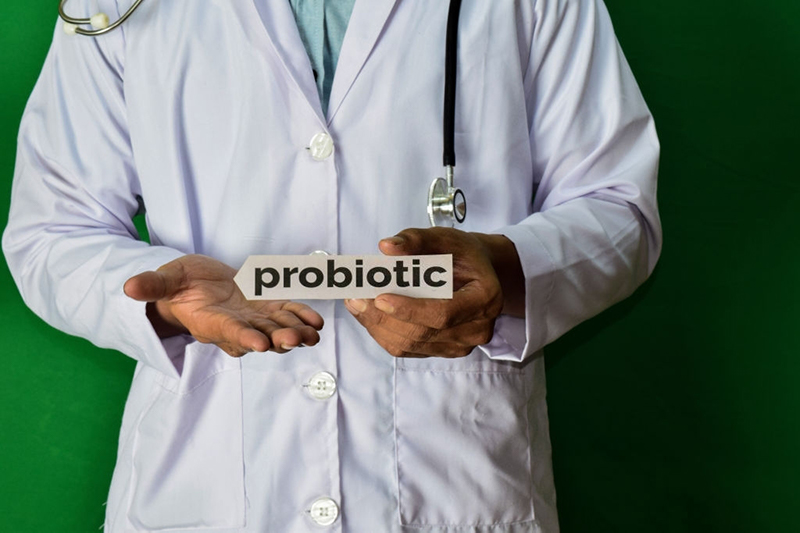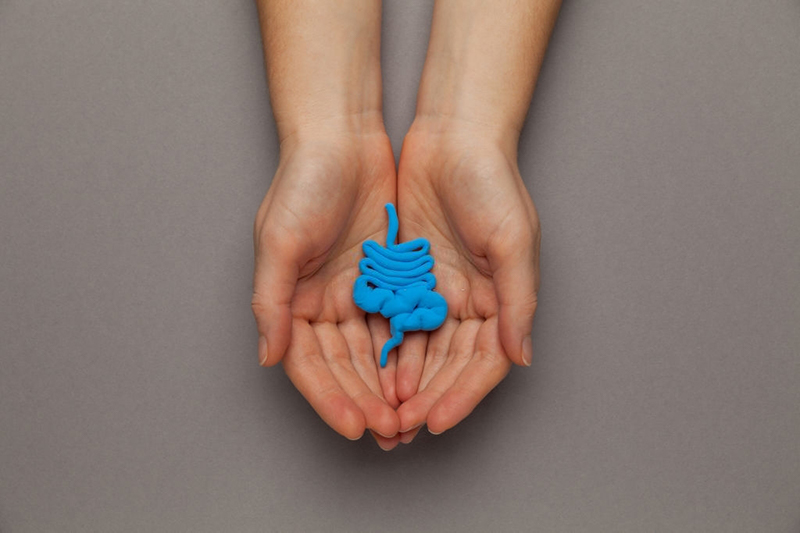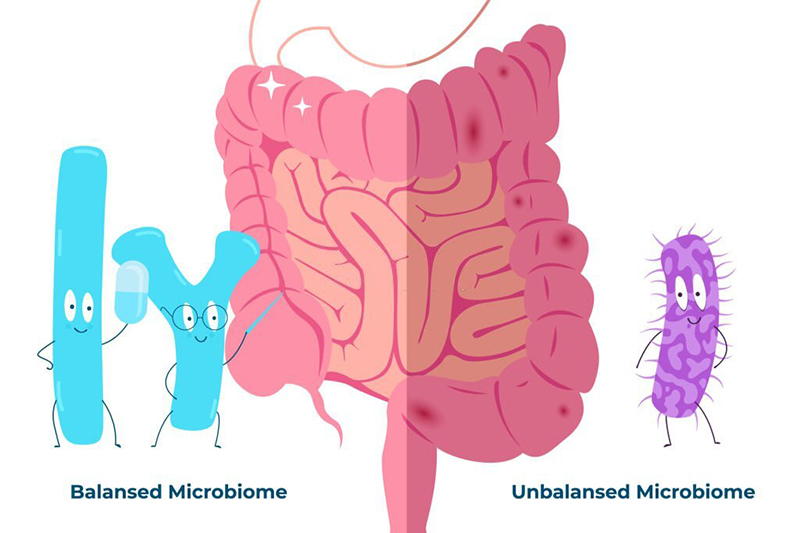Probiotics are live microorganisms found in supplements or meals that help to maintain or improve the good bacteria in the body, particularly in the stomach. According to integrative neurologist David Perlmutter, MD, of Naples, Fla., who studies gut health, they’ve been shown to help a range of health concerns, including digestive disorders, inflammation, and allergic reactions. probioticseverything.comprobiotic 100 billionprobiotic 100 billion
There are no known risks of probiotic overdose, according to Perlmutter, but there’s also no reason to take massive dosages. “It’s more of a question of efficiency,” he argues. “It’s very doubtful that doubling or tripling the dosage will result in significant improvement if you’re getting a solid clinical benefit from the quantity you’re taking.” probioticseverything.comprobiotic 100 billionprobiotic 100 billion
Colony-forming units (CFUs) are used to measure probiotic dosages, which vary from 1 billion to 100 billion CFUs. Perlmutter believes that 100 billion is the maximum daily quantity that anyone should take — and that most individuals require far less. He claims that a variety of bacterial strains is more beneficial than a bigger dose of a single strain. probioticseverything.comprobiotic 100 billionprobiotic 100 billion
Supplemental probiotics, on the other hand, may aggravate problems like small intestinal bacterial overgrowth (SIBO), which causes bloating and poor digestion, according to Amy Myers, MD, who treats SIBO patients at her Austin clinic. probioticseverything.comprobiotic 100 billion
Because the illness is caused by an overpopulation of lactobacillus and bifidobacterium in the small intestine, and many probiotic pills only contain these two bacteria strains, they contribute to the fire. To avoid this imbalance, Myers suggests taking a probiotic with different strains. probioticseverything.comprobiotic 100 billion
Related Posts







